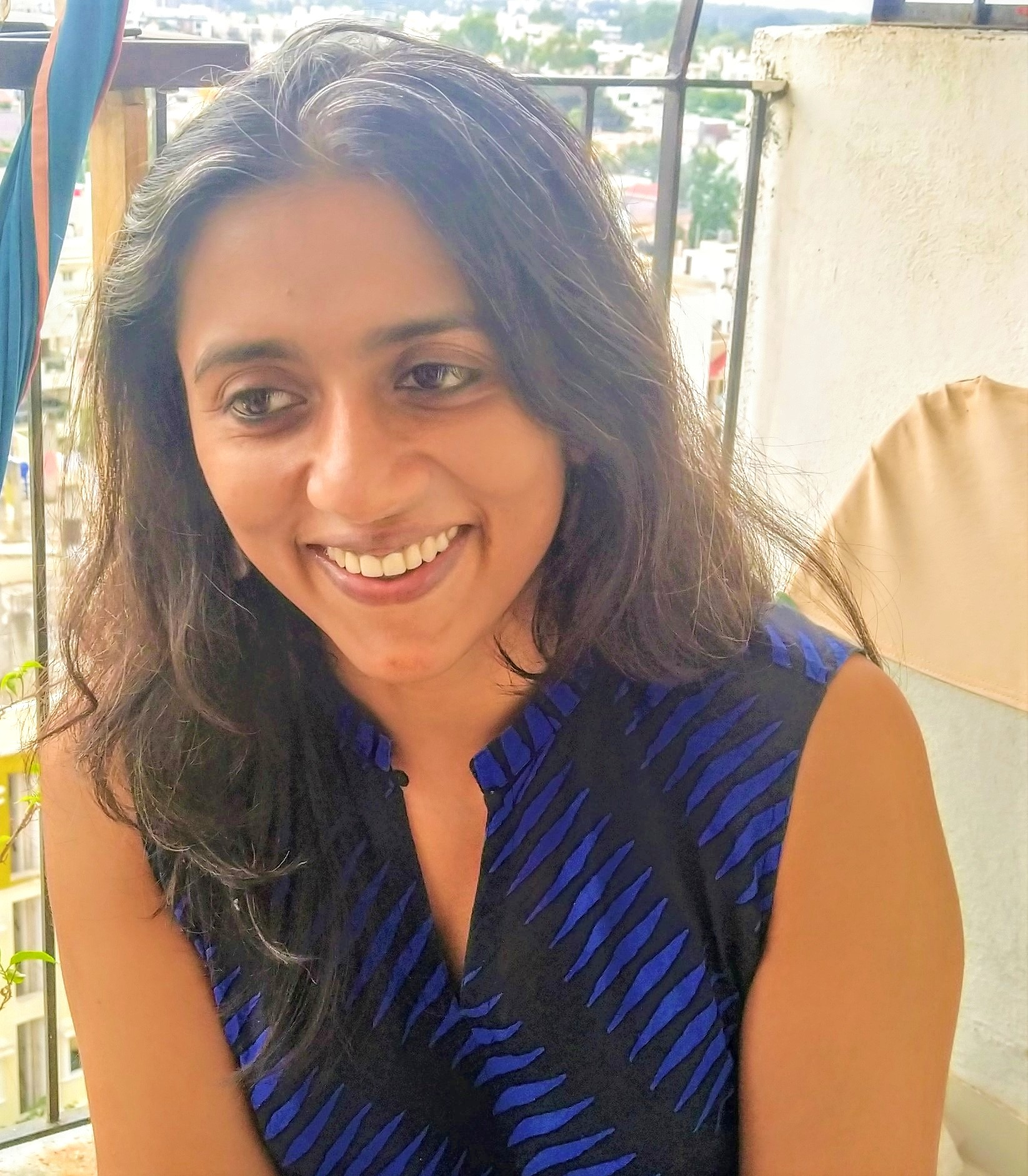
- This project has passed.
Does marriage and motherhood impact women’s participation in labour markets
YSI South Asia Webinar on 'economic (hu)men'
Start time:
February 8, 2022 @ 1:00 pm - 2:15 pm
EST
Location:
Online
Type:
Other

Speakers

Rosa Abraham
Dr. Assistant Professor
Description
This session will discuss the recent paper written by Rahul Lahoti, Rosa Abraham and Hema Swaminathan, titled, "Does marriage and motherhood impact women's participation in labour markets in India?".
The speaker for the Session: Rosa Abraham
Abstract
The impact of childbirth on women’s labour market participation has been discussed extensively in the context of developed countries with constraints on her labour market engagement and earnings after childbirth being characterized as the ‘motherhood penalty’. In the developing country context, and specifically for India, similar studies on the impact of major life events such as motherhood are limited, primarily due to the lack of longitudinal data.
In this paper, using a Life History Calendar approach, we collect retrospective information on major events (marriage, childbirth, labour market transitions) and the concurrent employment status of men and women over their adult lives. Using an event study method, we estimate the impact of two significant life events — marriage and first childbirth on women’s labour market participation. Our main findings are two fold. First, there is a sharp and sustained jump in women's labor supply after marriage. Second, women do not experience any penalty after their marriage or first childbirth. In fact paid employment increases two years after marriage even after controlling for several other factors.
This increase in women's labor supply is driven primarily by agricultural informal work. Early age of marriage for women in India implies limited opportunities for them to work prior to marriage. In addition, it is likely that norms surrounding mobility and employment are more conservative for unmarried women than for married women, making outside work more accessible for women post-marriage.
Our work underscores the importance of context when considering women’s work. Household responsibilities after marriage and childbirth may not be binding constraints as is often believed. Moreover, engaging in paid work may not necessarily be a positive outcome, particularly when this work is informal and often poorly paid. The lack of participation in formal paid work, typically interpreted as a 'penalty' in the developed economy context, needs to be reinterpreted when talking about women's work in developing economies.
About the speaker
Rosa Abraham is Assistant Professor at the the Centre for Sustainable Employment (CSE) at Azim Premji University. Her doctoral research focused on forms of informal labour in India, examining the rise of informalisation in the formal/organised sector and the consequent impacts on productivity and inequality. She is an author and contributor to the annual State of Working India reports published by CSE. Her interests include labour and development economics particularly issues relating to women's work, measurement of work and the changing nature of informal work. She is a nominated member of the Kerala State Planning Board Working Group on Women and Employment.
This session is a part of the larger project:
Expanding the frontiers of economics: Evidence from South Asia
This project aims to organize series of special sessions on emerging areas of research in Economics. By synthesizing theoretical assumptions of sociology, psychology, anthropology and political sciences, a new generation of researchers are rediscovering the principles which govern the actions and interaction among ‘economic (hu)man’.
Hosted by Working Group(s):
Organizers
Attendees
Sattwick Dey Biswas
Aneesha Chitgupi
Arun Balachandran
sheena jain
Robert Redfield
ujjwal kumar
Ruchira Bhattacharya
GOVINDAPURAM SURESH
Varsha Gupta
Grace Gondwe
Jacobo Silva Parada
Vijayamba R
Shrusti Singh
Seher Jain
Shubham Das
Irene Zamora
Jaehee Choi
Chhavi Tiwari
Izaskun Zuazu
Geraldine Ejiaka Nzeribe
Maria Georgouli Loupi
Nimisha Ojha
Prafulla Nath
Noelia Mendez Santolaria
farhad gohardani
Roberto Ruiz Blum
Chinmayi Jayakumar
Mihir Naik
Muez Ali
Anushka
Michael Cosh
Jedrzej Duszynski
Carlington Marowa
Yeganeh Karbalaei
Neerad Deshmukh
BERTHA ESTEFANY SICCHA LAZARO
Emmanuel Umoru Haruna
Zenzele Mwansa Pahla
Fareena Malhi
Jheelum Sarkar
Manika Bora
Namira Shameem
Muhammed Ramees
Indira M